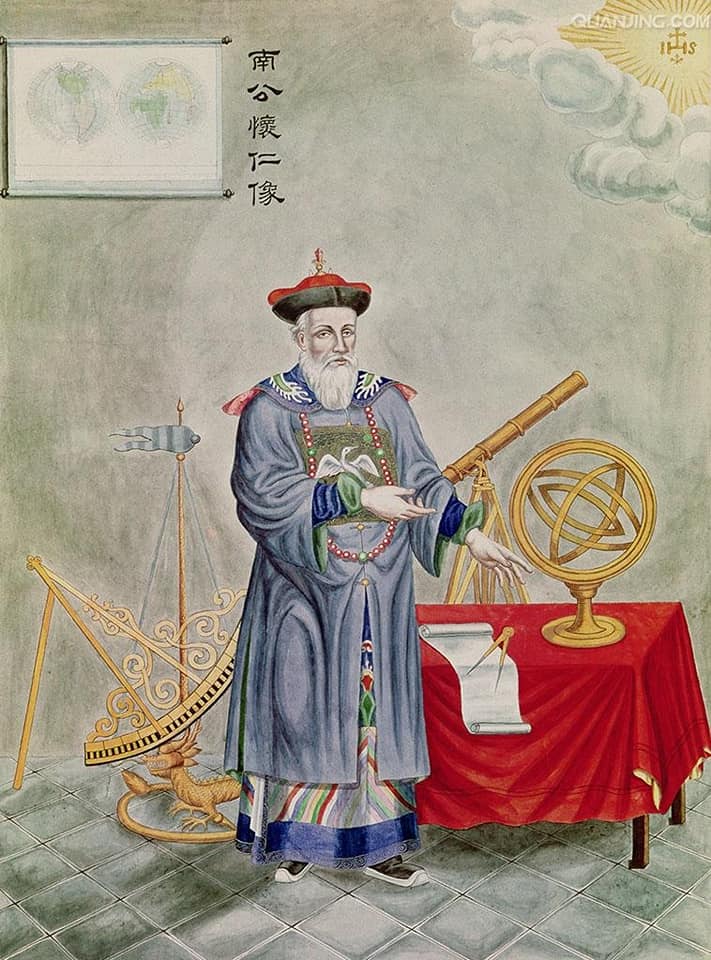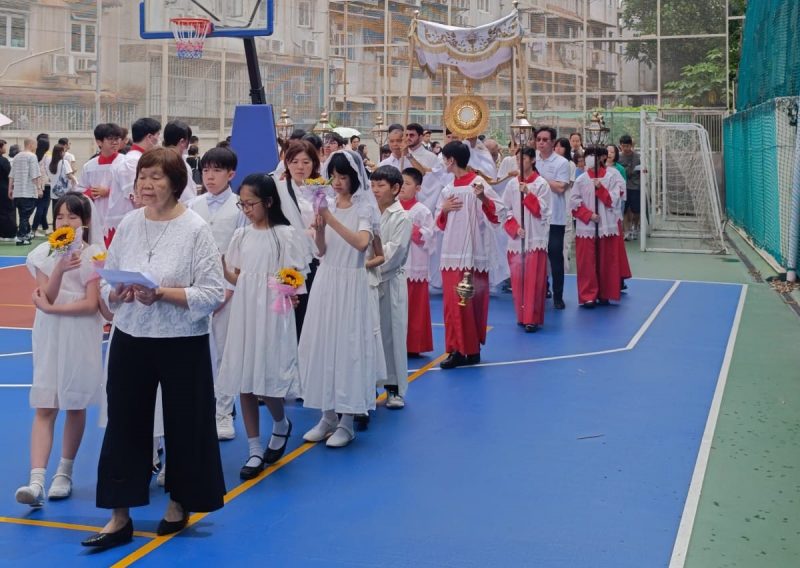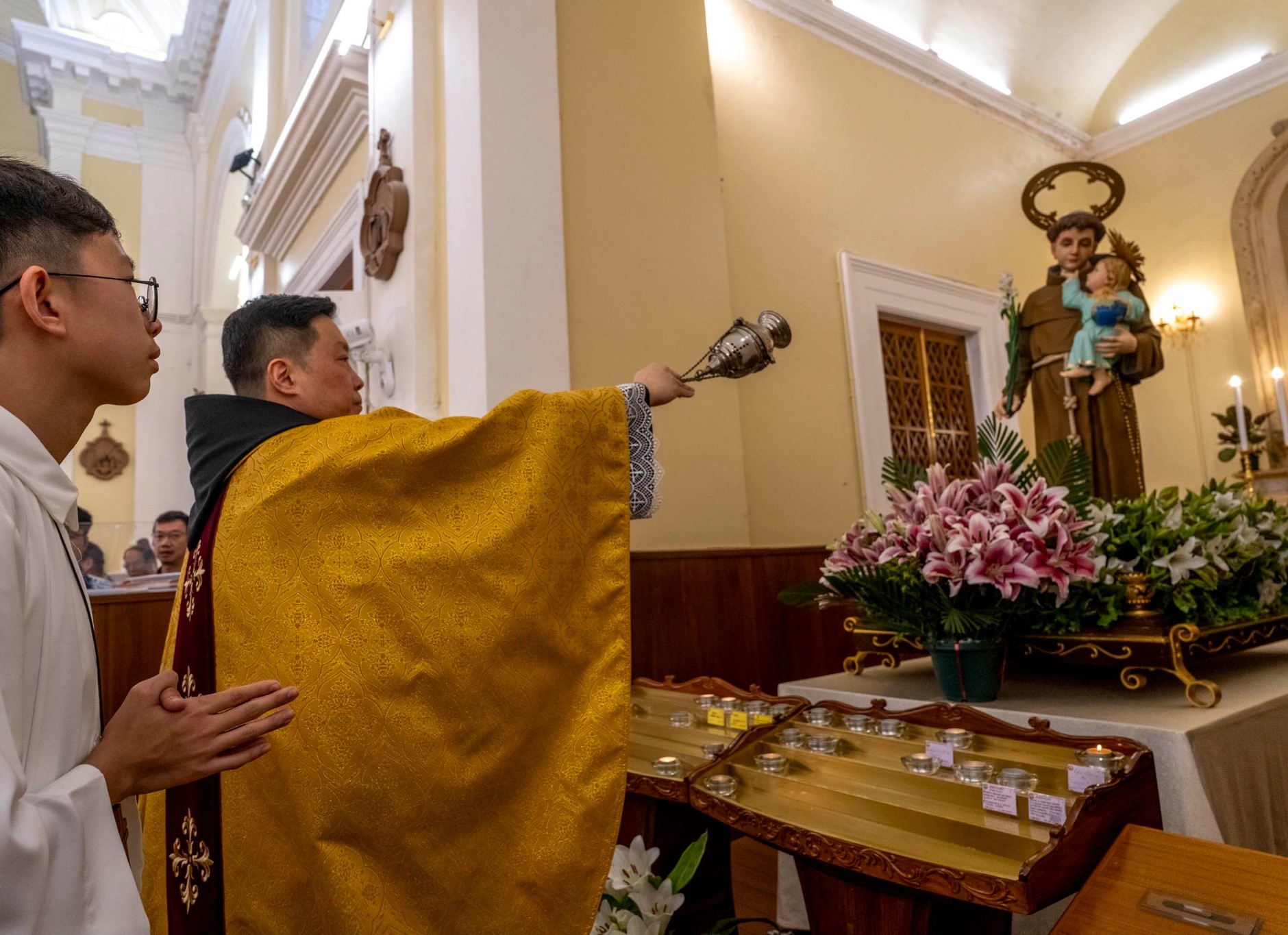Marco Carvalho
A leading figure in the dialogue with the Qing imperial court, the Flemish priest Ferdinand Verbiest was born four centuries ago and the 400th anniversary of his birth will not go unnoticed in the Chinese capital. On October 9, the day on which the Jesuit missionary’s birthday is celebrated, Beijing will host a forum on Father Verbiest’s life and legacy.
The initiative, the result of a joint collaboration between the Macau Ricci Institute, the University of Saint Joseph and the Yale Center in Beijing, has the institutional support of the Embassy of Belgium in China and, in addition to lectures on the various aspects of the Flemish missionary’s involvement with the Chinese Imperial Court, also includes a visit to Beijing’s Ancient Observatory, as well as an exhibition displaying documents and historical items belonging to Verbiest, himself.
Born on October 9, 1623, in the small town of Pittem in Flanders, Father Ferdinand Verbiest arrived in China in 1660 and quickly became a reference in scientific domains such as astronomy and mathematics: “It is indeed a great chance for the Macau Ricci Institute to be given the opportunity to celebrate this important centenary of Father Ferdinand Verbiest at the Yale Center in Beijing on October 9, 2023. Ferdinand Verbiest – 南懷仁”Nan Huairen” – is ranked among the greatest missionaries in China after Matteo Ricci and Johann Adam Schall von Bell,” Father Stephan Rothlin, SJ, recalls.
“The memory of these European missionaries is much more cherished in China, compared with their home countries, where they are hardly remembered. In the present time of crises and serious global clashes, Ferdinand Verbiest strikes a chord in China for his excellence in the hard sciences which obviously are, in China, generally much more valued when compared with the message of the Gospel,” the director of the Macau Ricci Institute adds.
Verbiest, who may well have been the creator of the first steam-powered vehicle, distinguished himself as an astronomer, mathematician, translator, inventor, and explorer. An accomplished scientist, he became one of the closest advisers to the Kangxi Emperor.
Father Verbiest’s example, Stephan Rothlin claims, continued to reverberate over the centuries. It remains, nowadays, more relevant than ever: “Right now, dialogue with China seems almost impossible. Therefore, Verbiest may inspire all concerned parties to use, first of all, their brain and to opt for a rational and scientific approach in order to solve problems and conflicts. Verbiest was clearly in the tradition of Matteo Ricci and his predecessor Johann Adam Schall von Bell, who served as Director of the Ancient Observatory in Beijing. Given a widespread prejudice in China about religion as a kind of absurd superstition, Verbiest’s broad achievements could be the best argument to show how genuine faith is based on rational arguments and that religion is, ultimately, very beneficial for the whole society at large,” the Swiss missionary recalls.
“The focus of the conference is clearly on the dialogue with China, based on science and social innovation. In fact, it will be a chance that folks, who are not familiar with the life achievement of Verbiest, will get a first glimpse about his spectacular innovations including the first self-generated models of automobiles, universal geographic maps, a variety of astronomical instruments and so on. Ultimately, the itinerary of the Symposium may lead to the true meaning of the enigmatic phrase: ‘Seeking truth Through Facts’,” the director of the Macau Ricci Institute concludes.


 Follow
Follow


